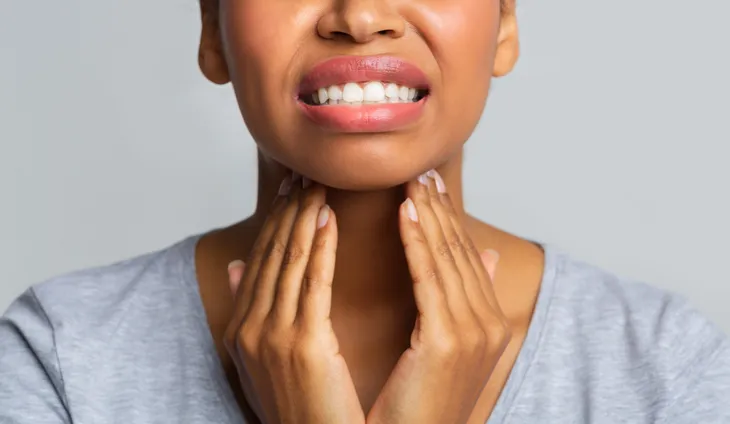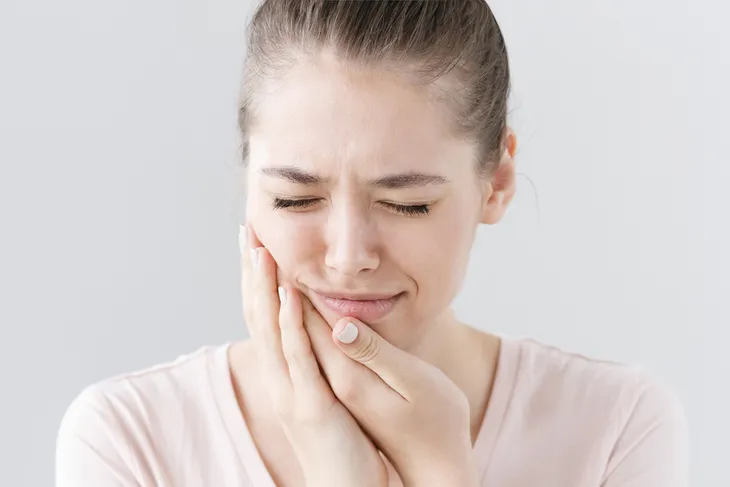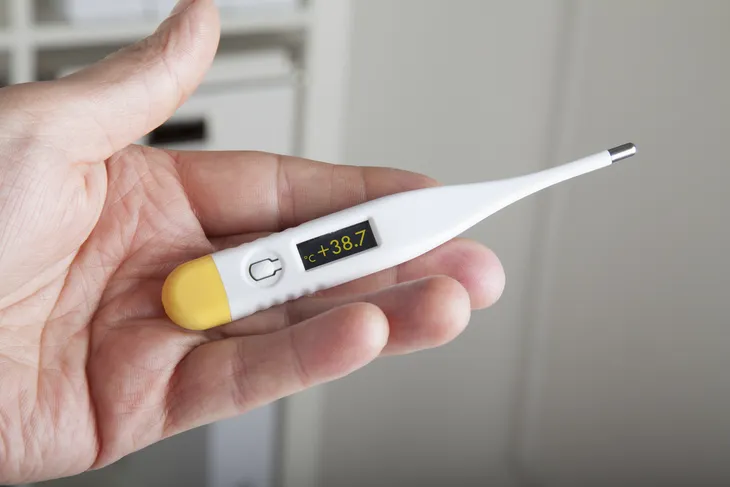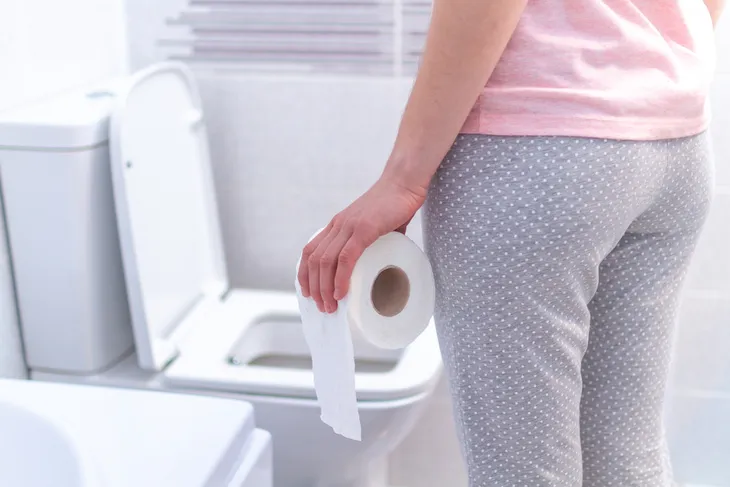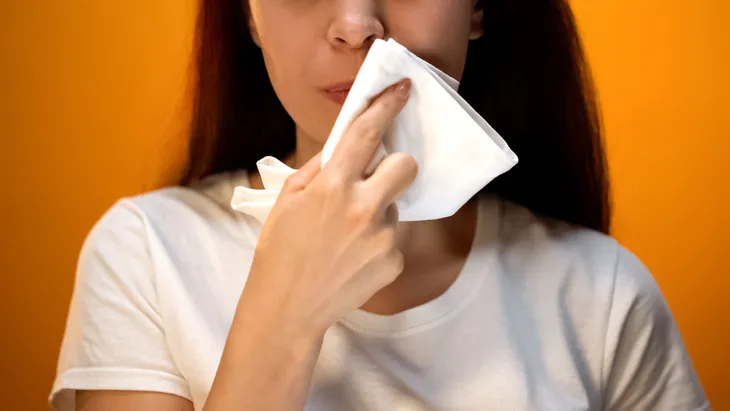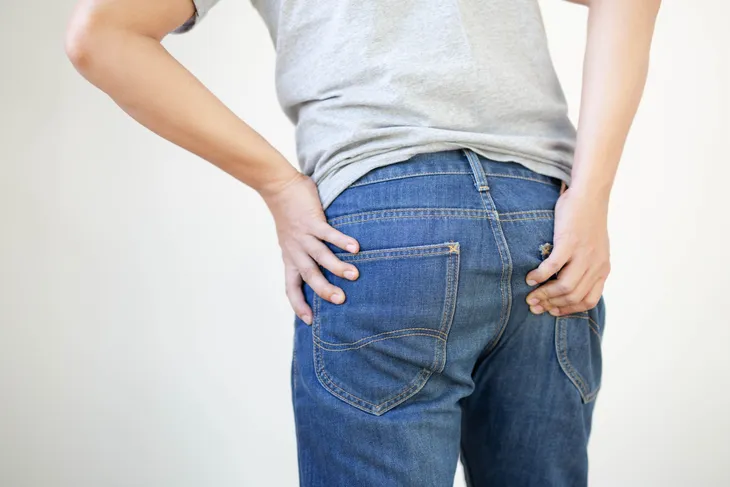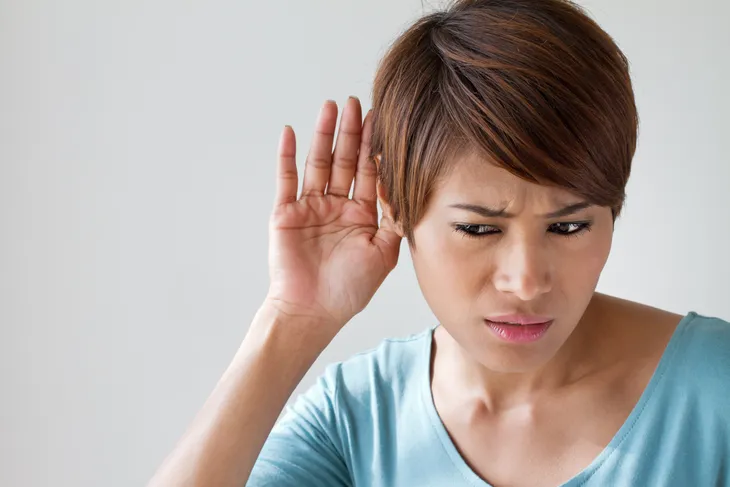Even though sexually transmitted diseases are a taboo topic, herpes simplex virus (HSV) affects approximately one in five (or 50-million) Americans. This sexually transmitted viral infection is highly contagious, spreading via vaginal or anal intercourse, and through oral sex.
There are 2 distinct types of herpes—HSV1 is an orofacial disease, meaning it infects the mouth and surrounding area; while HSV 2 affects individuals below the waist, particularly the moist areas of the genitals and buttocks. Once infected with HSV the patient will have the virus for life. The virus will remain dormant in the body with flare-ups occurring a few times per year. However, medical attention is vital to prevent further health complications.
Here are 10 common symptoms to help you recognize if you’ve been infected with herpes simplex virus…
Tingling Sensation
After becoming infected with the herpes simplex virus (either HSV1 or HSV2), you may experience a tingling sensation in the affected areas—for instance, around the mouth, gums, genitals or rectal areas).
Swollen Glands
At the time of initial infection, or right before a herpes flare-up, the lymph nodes may become enlarged and swollen. This can affect the glands in the neck as well as in the groin region.
Mouth Sores
One of the most telling signs of herpes simplex are fluid-filled blisters that will develop on the lips and tongue (for HSV 1) and in the groin and buttocks area (for HSV2). These blisters will burst in a few days, turning into painful open sores that take between 5 and 14 days to fully heal.
Fever
Like any viral infection, herpes simplex can cause a high fever—both during the initial infection stage and pre-flare ups.
Flu-Like Symptoms
Infected individuals will often mistake herpes virus for the flu as it causes similarly uncomfortable symptoms—such as headache, muscle aches and pains, and chills. However, this is generally only with the initial infection.
Urinary Difficulties
It’s not usual for HSV2 patients to experience difficulty urinating, particularly if blisters and sores are present in and around the urethra. Female patients will often also suffer foul-smelling, thick vaginal discharge, but this in uncommon.
Increased Salivation
If herpes blisters burst and form open sores in the mouth, throat, and gums, saliva glands will increase lubrication. The sores may also result in foul breath as well as painful eating and difficulty swallowing.
Blisters
One of the more obvious signs of HSV2 will be fluid-filled blisters that form in or around the moist areas of the genitals and rectum. These will form in clusters within a week or 2 following herpes exposure, eventually rupturing into painful open sores.
Lesions
Open herpes sores that eventually burst will turn into lesions on the genitals and buttocks. These will dry out, turn crusty, and be extremely itchy during the healing process.
Sudden Hearing Loss
Herpes simplex virus has been closely linked to sensorineural (or sudden) hearing loss. Because the herpes virus lies dormant in the body, it can cause flares-up without warning, affecting the nerves of the ear and resulting in rapid deafness over the course of a few days. It’s important to note that this is an extremely rare symptom.


